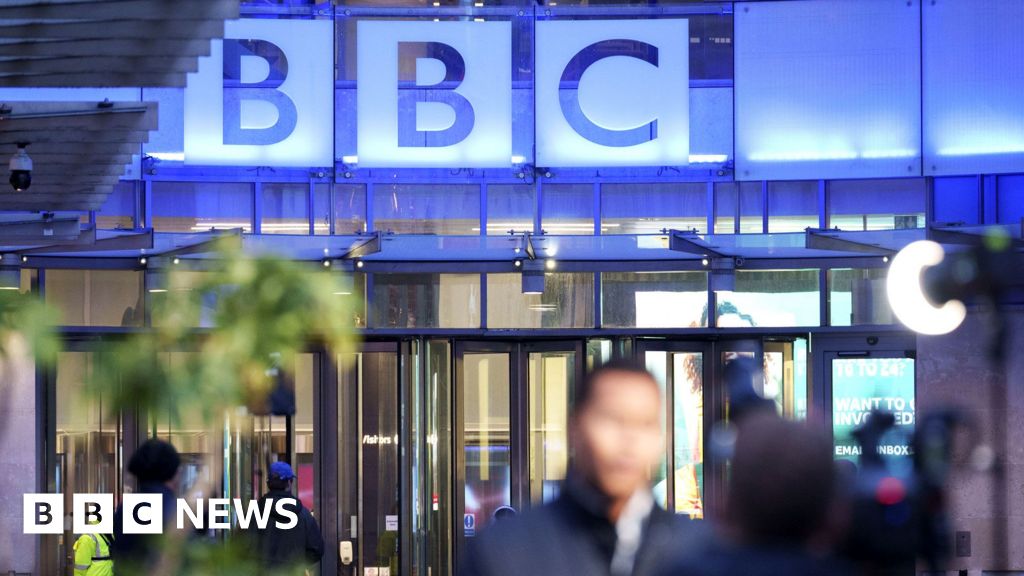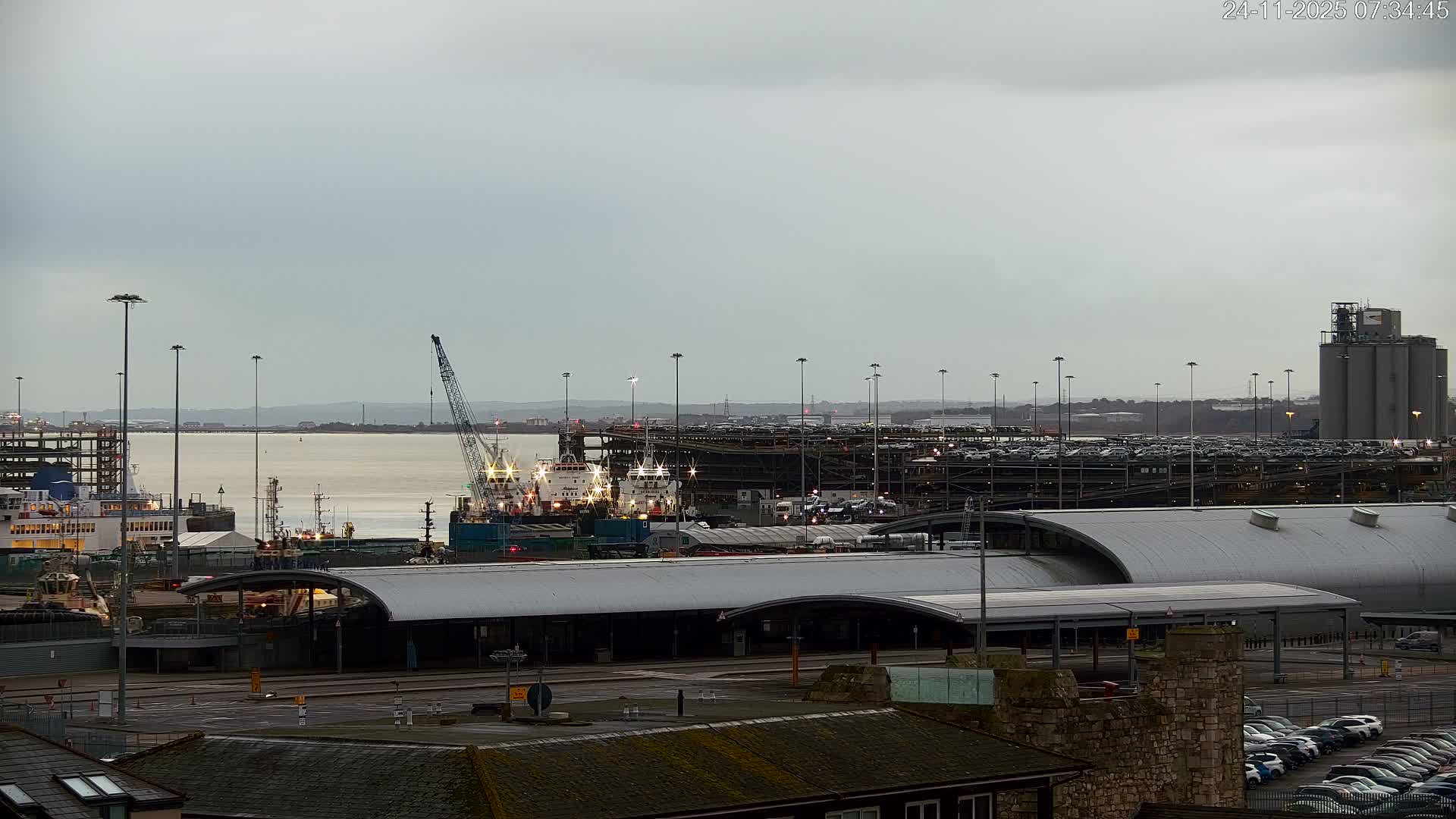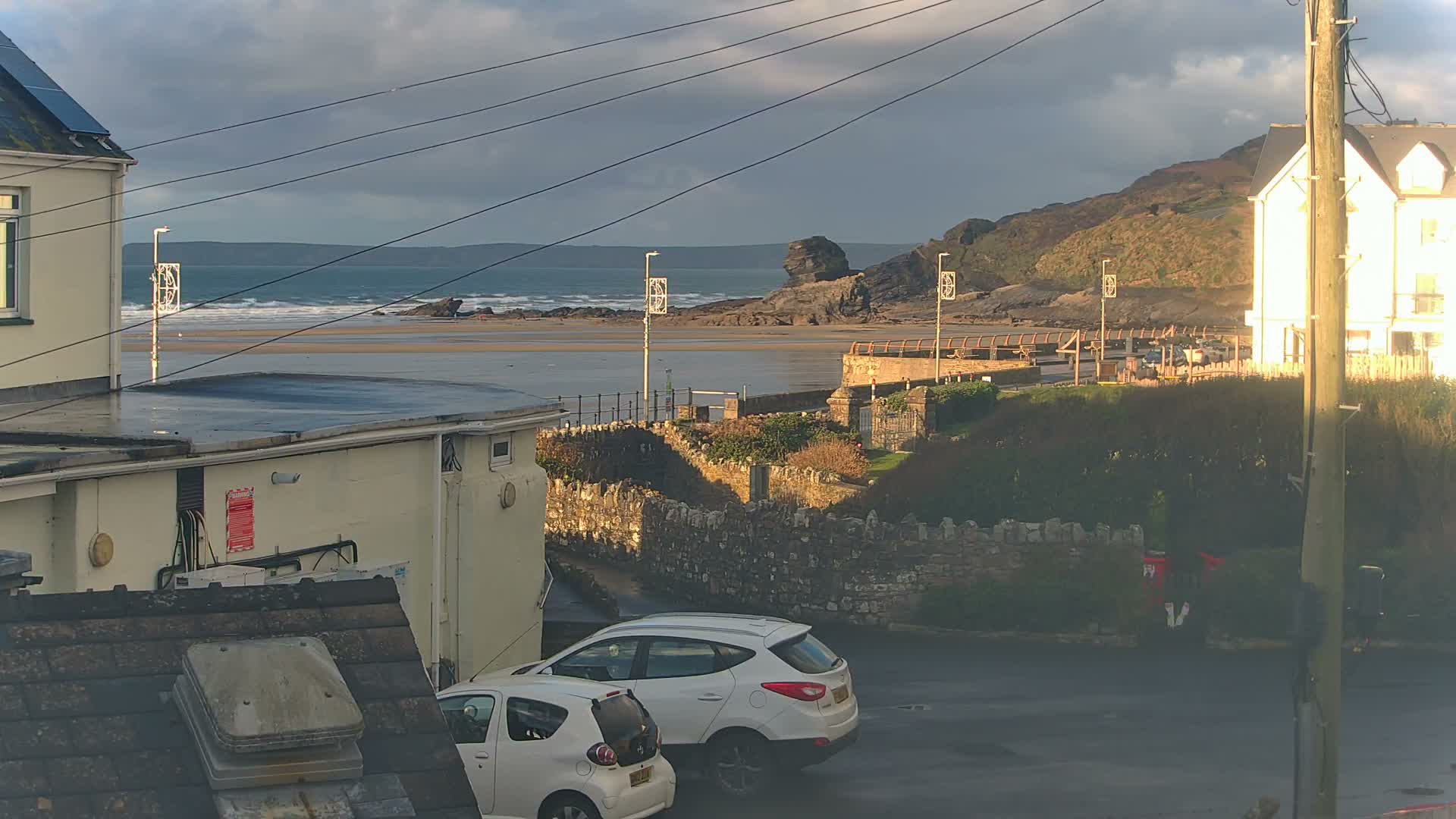A major crisis at the BBC is reaching a critical juncture as senior figures are scheduled to face a rigorous questioning by Members of Parliament on Monday. This parliamentary inquiry comes on the heels of a cascade of resignations and intense public and internal criticism, primarily stemming from a controversial edit of a Donald Trump speech by the Panorama program and broader allegations of institutional bias within the venerable British broadcaster.
Key Figures Under Intense Scrutiny
Among the prominent individuals slated to testify before the House of Commons Culture, Media and Sport Committee is Michael Prescott, a former editorial adviser. Prescott's leaked internal memo was the catalyst for the current storm; he is expected to make his first public comments on his concerns regarding the Panorama edit of a January 6, 2021, Trump speech. Furthermore, his memo highlighted "systemic problems" of alleged bias in BBC Arabic's coverage of the Israel-Gaza conflict and concerns about one-sided reporting on trans issues. The revelations from Prescott's memo directly preceded the high-profile resignations of BBC Director General Tim Davie and Head of News Deborah Turness earlier this month.
Also poised to face challenging questions are BBC Chairman Samir Shah, whose leadership is currently under considerable pressure, and fellow board members Sir Robbie Gibb and Caroline Thomson. Providing additional perspective, Caroline Daniel, another former editorial adviser, will also present evidence, sharing her insights on the contemporary state of BBC journalism and the unfolding behind-the-scenes events.
Governance Issues and Board Departures
The severity of the situation was further underscored by the recent resignation of board member Shumeet Banerji on Friday. Banerji cited "governance issues" at the corporation's highest levels, a move interpreted by BBC media editor Katie Razzall as a direct criticism of Chairman Shah. This departure undoubtedly renders Monday's committee hearing even more critical for Shah's tenure.
The role of Sir Robbie Gibb, a former BBC senior editor and ex-director of communications for Conservative Prime Minister Theresa May, is also expected to undergo intense examination. Appointed to the BBC board by the Conservative government in 2021, he has faced accusations of interfering in editorial decisions. The parliamentary committee has indicated a specific focus on the processes of the BBC board's Editorial Guidelines and Standards Committee (EGSC) – where Sir Robbie serves alongside Shah, Davie, and Thomson – to ensure strict compliance with the BBC's stringent editorial guidelines.
Wider Debate and Proposed Future Reforms
This ongoing crisis has ignited a broader, national debate concerning the future trajectory of the BBC, the integrity of its journalistic output, and persistent claims of institutional bias and potential political interference. Culture Secretary Lisa Nandy has openly expressed "real concern" regarding the perception of political influence, particularly pertaining to political appointments made to the BBC board. She has pledged to thoroughly examine this contentious issue as part of the corporation's upcoming charter review.
In a proactive response to the escalating turmoil, the BBC is reportedly contemplating significant reforms. These include the potential expansion of the EGSC, designed to facilitate better scrutiny of complex issues and prevent any single individual from dominating proceedings. Additionally, there are discussions about reintroducing a deputy director general role, aiming to alleviate the immense burden currently placed on the top leadership, a position that has historically existed within the corporation.
Trump's Staggering Legal Threat Looms
Adding another layer of formidable complexity, the BBC is currently awaiting a definitive decision from Donald Trump concerning his very public threat to sue the corporation for a staggering sum, potentially ranging from $1 billion (£759.8m) to $5 billion (£3.8bn), over the controversial Panorama edit. The outcomes and revelations from Monday's parliamentary session will undoubtedly play a significant role in shaping the ongoing narrative surrounding the embattled public broadcaster as it endeavors to "put its house in order" and meticulously rebuild public trust, both within the United Kingdom and across its international audience.







